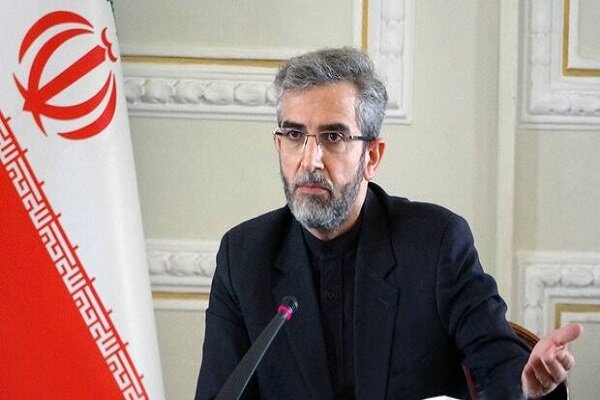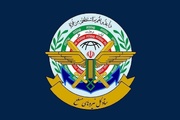Ali Bagheri Kani in an interview with Guardian said that talks in Vienna between Iran and other signatories had failed to reach an agreement on a means of verifying that US sanctions had both been lifted and had a practical impact on trade with Iran.
“We need verification, and this remains unresolved. It is one of the issues that remains not finalised. It is not enough for the ink to be put on the agreement,” he said. Bagheri Kani did not rule out an independent body being responsible for verification.
Defending Iran's demand that the US give a guarantee that it will comply with the agreement, Bagheri Kani said, “This is about an agreement, not a policy. If there is a peace agreement between two states, it has the effect of a treaty. This is international law. It is not intended that domestic laws of the US can prevail over an international agreement. That is against international law.”
He added he wanted European powers to give their own guarantees that they will trade with Iran, regardless of the US position, possibly by using a blocking statute nullifying the effect of US sanctions on European firms that trade with Iran.
Bagheri Kani rejected that Iran had been stalling on the talks’ resumption in an effort to develop its own nuclear program, saying it was natural for a new government to take time to prepare its negotiating position and to hold bilateral talks with the other parties.
He reiterated calls for all US sanctions linked to the nuclear deal to be lifted. “We are just saying that in accordance with the JCPOA the sanctions should be lifted. We did a deal, and our view is that it should be implemented.”
Bagheri Kani also ruled out discussions on Iran’s missile and security program being included in the agreement. He said, "The JCPOA has a clear framework and other issues are not relevant. We are not going to negotiate on our defence capabilities or our security.”
Asked if he was requiring the Vienna talks to go back to the start, he said, “What is important is not from where we started, but what is important is that we achieve a deal that has practical results for the parties. Our main objective is to remove the illegal sanctions that they have imposed on the Iranian nation in breach of UN resolutions. Any sanctions in breach of the JCPOA imposed by President Obama and President Trump have to be lifted. That is the agreement set out the JCPOA.”
The 2015 deal, more formally known as the Joint Comprehensive Plan of Action (JCPOA), was signed by the five permanent members of the UN Security Council — the US, the UK, China, Russia, and France — plus Germany and the EU. Despite the International Atomic Energy Agency's acknowledgement of Iran's adherence to all of its obligations, the US government unilaterally withdrew from the agreement in May 2018.
The US government has imposed sanctions under various pretexts in line with its hostile goals against Iran and the advancement of its economic war against Iran.
Amid the indifference of the JCPOA parties toward continued US violations of the JCPOA, in December 2020, the Iranian Parliament passed the Law on "Strategic Action Plan to Counter Sanctions and Protect Rights of the People" that prompted the Iranian administration to restrict the IAEA’s inspections and accelerate the development of the country’s nuclear program beyond the limits set by the 2015 Iran nuclear agreement.
Iran has also increased the level of uranium enrichment beyond the level allowed under the JCPOA in accordance with the accord itself.
The current US administration has not yet fulfilled the promises Joe Biden made during his presidential elections campaigns to undo Trump's actions and return to the deal. In the meantime, Tehran has also stressed that the Biden administration's return to the agreement without lifting the sanctions is not important at all.
Meanwhile, Iran and the remaining signatories to the JCPOA known as the P4+1 with the indirect involvement of the United States have held six rounds of talks so far with no results. The Western powers made excessive demands during the talks and the talks were halted amid the change in the government in Iran till last Wednesday, the Iranian deputy foreign minister and the new top negotiator Ali Bagheri Kani announced that the Vienna talks will start on November 29 after a five-month halt.
ZZ/PR/ FN14000821000015


























Your Comment